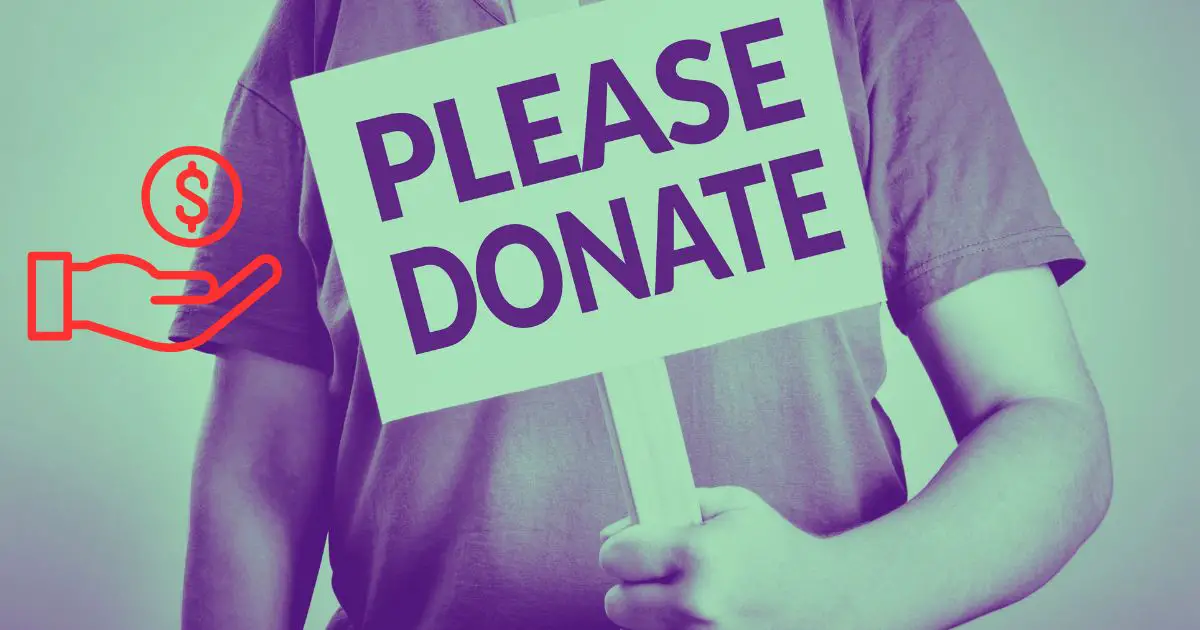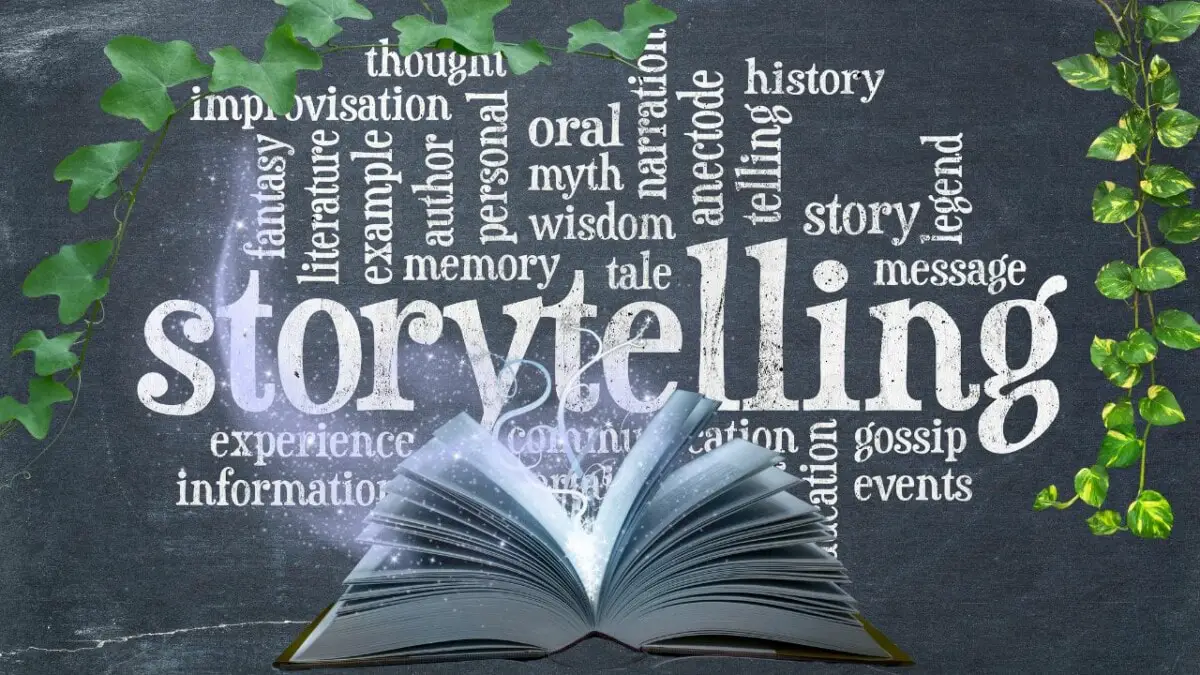Relying too much on others can block your improvement. It decreases your power to take action, face difficulties and become strong. If you constantly depend on other people for emotional, monetary, or habitual assistance, it lessens your capability to grow the skills and belief needed for self-sufficiency and accomplishment. Overdependence doesn’t promote personal development but instead puts you in a constant loop of avoiding hard situations that lead to no progress.

Understanding Overdependence
Overdependence happens when you depend excessively on someone or something to fulfill your needs, like emotional, mental, or practical ones. This is a way of behaving that can show itself in many areas of life such as relationships, work, or even making decisions. Overdependence isn’t just looking for support, which is healthy and normal. Instead, it goes beyond regularly depending on others to deal with situations that you could solve by yourself.
An important difference between healthy reliance and excess dependence is about maintaining equilibrium. It’s normal to look for assistance or backing when in difficulty, but if depending on others turns into a regular method of dealing with problems, it could bring about numerous restrictions that can hinder your personal growth eventually.
The Emotional Consequences of Overdependence
Relying too much often results in sensitive emotions. If you put excessive importance on others to satisfy your emotional requirements, it’s possible that you could lose control over managing feelings and moods by yourself. The issue is the only source of emotional steadiness may end up being approval from outside, which creates an uneven situation making you exposed to dissatisfaction and annoyance.
The damage to feelings can start softly but grow worse over time. As an illustration, if you always depend on someone else to cheer you up when feeling low, it might become more challenging for you to inspire yourself or manage your emotions whenever such help is not easily accessible. This dependency lessens your strength and makes the growth of emotional ways to cope with issues that limit your capacity to deal independently with future problems.
Extras, depending too much frequently bring worry or lack of confidence. If you wait all the time for approval from outside, it may make you question your own skills and decision-making power. This can build a feeling of not being sure which makes trusting oneself hard and slowly reduces self-confidence over the period.

The Impact on Decision-Making and Problem-Solving Skills
A significant effect of too much dependence on others is that it reduces your ability to make decisions and solve problems. These abilities are honed through experience, experimentation, and mistakes. However, if you always depend on other people to make choices or solve issues, you lose important chances to develop these crucial life skills.
Let’s think about the act of making decisions. Frequently, it includes assessing advantages and disadvantages, thinking about probable results, and then finalizing a decision based on the current information you have.
Whenever you make a decision, your experience grows along with self-assurance. But, if you always depend on others to make decisions for you, then it becomes more difficult for you to take independent steps in the future. This principle also applies when facing issues; avoiding difficulties means missing opportunities both from failure and success that could help personal development.
Over time, this could result in a situation of acquired helplessness where you begin to believe that altering your circumstances is beyond your control. You might start questioning your skills or feel incapable of handling even basic tasks without outside assistance. This way of thinking not only restricts personal development but also fosters continuous dependency which becomes increasingly difficult to break as more time passes by.
Limiting Personal Responsibility
Reliance on excess can also obstruct your advancement by weakening personal accountability. Personal accountability is about accepting your part in your triumphs and failures, making decisions, and taking charge of the outcomes. If you rely too much on others, you might shift the weight of responsibility onto them; this could hinder your individual growth.
For example, if you depend on another person to take care of your money matters or manage tough discussions, then you escape the unease and knowledge acquisition that arise from being in charge of these life aspects. Without confronting difficulties and accepting their results, one cannot truly progress the necessary abilities for individual accountability.
As time goes by, if you keep avoiding responsibility it can lessen the confidence people have in your abilities. You might start to think that you cannot handle your life efficiently, which only makes the cycle of over-reliance continue. Instead of treating problems as chances for improvement, they seem like great hurdles too difficult to face on your own.

The Effects on Relationships
In connections, either private or work-based, excessive reliance can create an imbalance that could put stress on interactions. When a single person leans excessively on another for emotional or practical help, it might result in irritation or bitterness from both sides. The individual who is relied upon might feel burdened by the responsibility, while the extremely reliant individual may sense growing powerlessness or dissatisfaction.
This situation can hinder the growth of good, jointly supportive relationships. Relationships flourish in equilibrium, where both individuals participate equally. Too much dependence disturbs this equilibrium and makes it challenging to set limits or cultivate mutual regard. It can also cause disagreement because one individual might feel heavy with the continuous demand to give help, and the other person may sense being overlooked or rejected.
Also, too much dependence can stop personal development in relationships by stopping you from gaining the independence required for emotional adulthood. An important part of good relationships is being able to help each other while keeping individual growth going. However, when you depend a lot on another person, without knowing it may be a stumbling block to not just your development but also the ability of the other one to grow independently.
Stagnation in Professional Development
Not only in personal relationships is overdependence found, but it also greatly affects your professional advancement. If at work you depend too much on colleagues, bosses, or mentors for advice or approval, this could obstruct growth in your career.
Getting better in your job usually requires you to start things yourself, solve issues on your own, and show leadership. But if you often let others take the lead or stay away from responsibility, chances that you’d miss growth opportunities in your career are high. It is very important for success at work that you can make choices by yourself, manage tasks well, and deal with difficulties effectively; being too reliant on others weakens these skills.
Furthermore, too much reliance at work can result in you doubting your competence. If you always look for validation or guidance from others, it’s possible that you might start questioning your skills. This can restrict opportunities to take on leadership positions or move up the career ladder. The lack of faith in your decision-making abilities and unwillingness to take measured risks may hinder growth towards taking more responsibilities or earning appreciation for what you do.

The Role of Fear in Overdependence
Overdependence usually comes from fear – the terror of failing, being rejected, or making errors. This fright can freeze you and make it impossible to take risks or decide things for yourself. It’s normal to feel scared in some cases, but if this feeling controls your actions too much then it may stop your progress significantly.
Overreliance caused by fear keeps you within your safe space, where everything seems known and secure. But, improvement happens when you move beyond that safety zone, confront difficulties, and gain wisdom from those experiences. When fear influences how much you depend on others, it robs the chance to build toughness, flexibility, and self-assurance.
Breaking the Cycle of Overdependence
Firstly, to break the cycle of too much dependence, you need to know. It is important that you understand if you are depending too much on others and this understanding plays a big role in the process. After acknowledging it, starting small is vital. Begin by taking charge of one part of your life at once. If you are dealing with your money, making choices about your profession, or coping with emotional situations by yourself, slowly moving towards being independent can help strengthen self-assurance and lessen dependence on other people.
Developing knowledge about oneself is a crucial aspect of getting over too much reliance on others. You need to think about your actions and ask yourself if depending upon others helps or obstructs your development. Frequently analyzing what you do and its results, allows you to understand patterns of excessive dependence so that necessary changes can be made.
At last, it’s crucial to accept failure as a normal part of advancement. Errors and obstacles are chances to gain knowledge, and dodging them by depending on others will merely postpone your progression. By dealing with difficulties directly and claiming responsibility for the results, you establish the toughness and problem-solving abilities needed for self-growth.

Conclusion
Relying too much can greatly restrict personal progress by affecting emotional strength, ability to make decisions, individual responsibility, and professional growth. It’s normal to seek help from others but depending too much on them stops you from gaining the abilities and assurance necessary for managing life on your own. Identifying overreliance habits and taking small forward steps towards being self-dependent is very important in promoting personal advancement and reaching success that lasts long-term.





